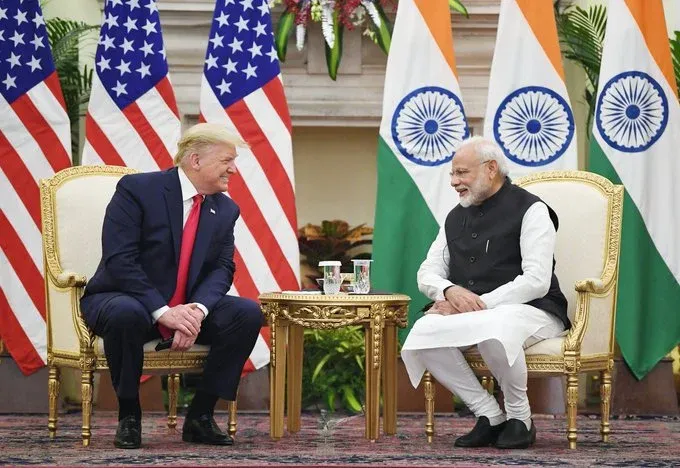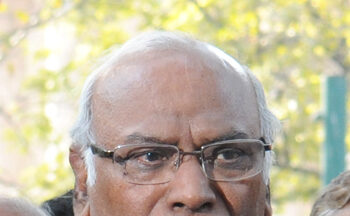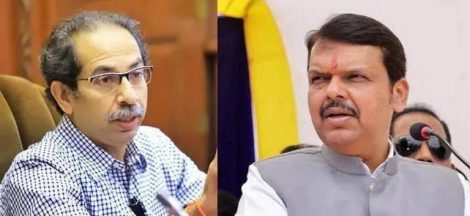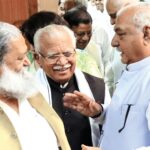Union Minister for Information Technology, Ashwini Vaishnaw, recently posted a message on X welcoming Elon Musk’s satellite internet service, Starlink, to India. He highlighted its potential utility for railway projects in remote areas. However, the minister subsequently deleted this post, sparking a wave of political reactions and raising questions about the government’s position on Starlink’s operations in the country.
The deletion of Vaishnaw’s message has drawn sharp criticism from opposition parties. Trinamool Congress MP Saket Gokhale openly questioned the government’s intentions, asking, “How much is the BJP getting from Elon Musk? What is Modi getting in return for meekly selling out our country to the US establishment?” Gokhale’s remarks suggest concerns about potential undue influence or financial considerations linked to Starlink’s entry into the Indian market.
Similarly, the Congress party has expressed apprehensions regarding the government’s approach to Starlink’s operations. Party spokesperson Shama Mohamed criticized the administration for allegedly bypassing standard procedures, stating, “BJP falsely accused UPA of corruption when there was none, but now they have bypassed auctions and distributed spectrum administratively. They are bending over for Elon Musk and Trump, risking national security and creating a monopoly in India.” This critique underscores fears about national security implications and market monopolization.
The controversy is further intensified by recent partnerships between Starlink and major Indian telecom companies, Reliance Jio and Bharti Airtel. These collaborations aim to bring satellite-based internet services to remote regions of India. While such initiatives could bridge digital divides, opposition parties are concerned about the regulatory oversight and approval processes associated with these partnerships.
Adding to the complexity, past claims have surfaced regarding foreign funding influencing India’s electoral processes. Elon Musk’s Department of Government Efficiency previously alleged that USAID provided $21 million to support voter turnout in India, a claim that was later debunked. The funds were intended for political engagement in Bangladesh, not India. Despite this clarification, the initial misinformation has fueled political tensions, with the BJP citing the allegations as evidence of international interference in Indian democracy.
In response to the uproar, government officials have remained largely silent on the specifics of Vaishnaw’s deleted post. The lack of clarification has led to increased speculation about the government’s regulatory approach to satellite-based internet services and the criteria for granting approvals to foreign entities like Starlink.
The situation highlights the delicate balance between fostering technological advancements and ensuring national security and fair market practices. As satellite internet services like Starlink seek to expand their footprint in India, the government’s policies and actions will be closely scrutinized to ensure they align with the nation’s strategic interests and regulatory frameworks.




 Congress’s Hooda Downplays BJP’s Haryana Civic Poll Triumph
Congress’s Hooda Downplays BJP’s Haryana Civic Poll Triumph 